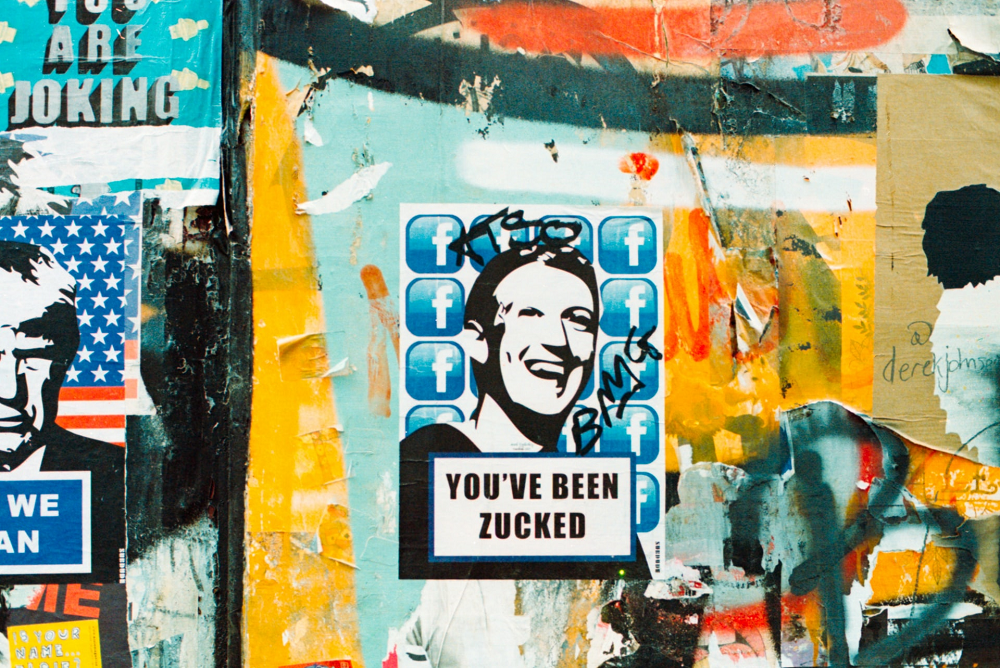Facebook CEO Mark Zuckerberg Admits Copying Features from Rival Apps

Big tech is facing intense scrutiny from US regulators. America big four tech companies – including Facebook Inc., Amazon Inc., Google by Alphabet, and Apple Inc. – have collectively been accused of crushing rivals to boost profits.
The four were accused of abusing their market power by Congress in a video conference hearing that put CEOs of America’s big four tech companies in the hot seat.
A notable exchange in the hearing was when Facebook Inc’s CEO Mark Zuckerberg was asked if they have ever copied rivals. Zuckerberg admitted the allegation by saying, “We’ve certainly adapted features that others have led in.”
Of course, that is true. Facebook has been seen copying features from popular apps on the market. He, however, denied that copying features from rival apps were meant to stifle competition.
Additionally, Zuckerberg was questioned on the number of rival apps they have copied features from.
“How many companies did Facebook end up copying?” asked Representative Pramila Jayapal. “Is it less than five? Less than 50?”
“Congresswoman, I don’t know,” he said.
He was also questioned about whether Facebook’s acquisition of Instagram in 2012. Whether the company purchased Instagram for fear of it being a threat, with the Congress quoting emails from 2012.
Zuckerberg denied the allegation, arguing the photo and video sharing app was, at the time, tiny.
However, in an email conversation uncovered in 2012, Zuckerberg writes “I just need to decide if we’re buying Instagram,” because “Instagram can hurt us meaningfully without becoming a huge business.”
Buying the competition even if small at the time was a move to prevent them from being “very disruptive” to Facebook’s business said Zuckerberg in an email to his chief financial officer, David Ebersman.
Amazon, Apple, and Google
Amazon’s CEO was questioned on whether it used data from third-party sellers in its sales decisions which he denied. Google was accused of stealing content from honest businesses while Apple’s questions lied in its 30 percent App Store commission charges to developers.
Follow us on Telegram, Twitter, Facebook or subscribe to our weekly newsletter to ensure you don’t miss out on any future updates.



